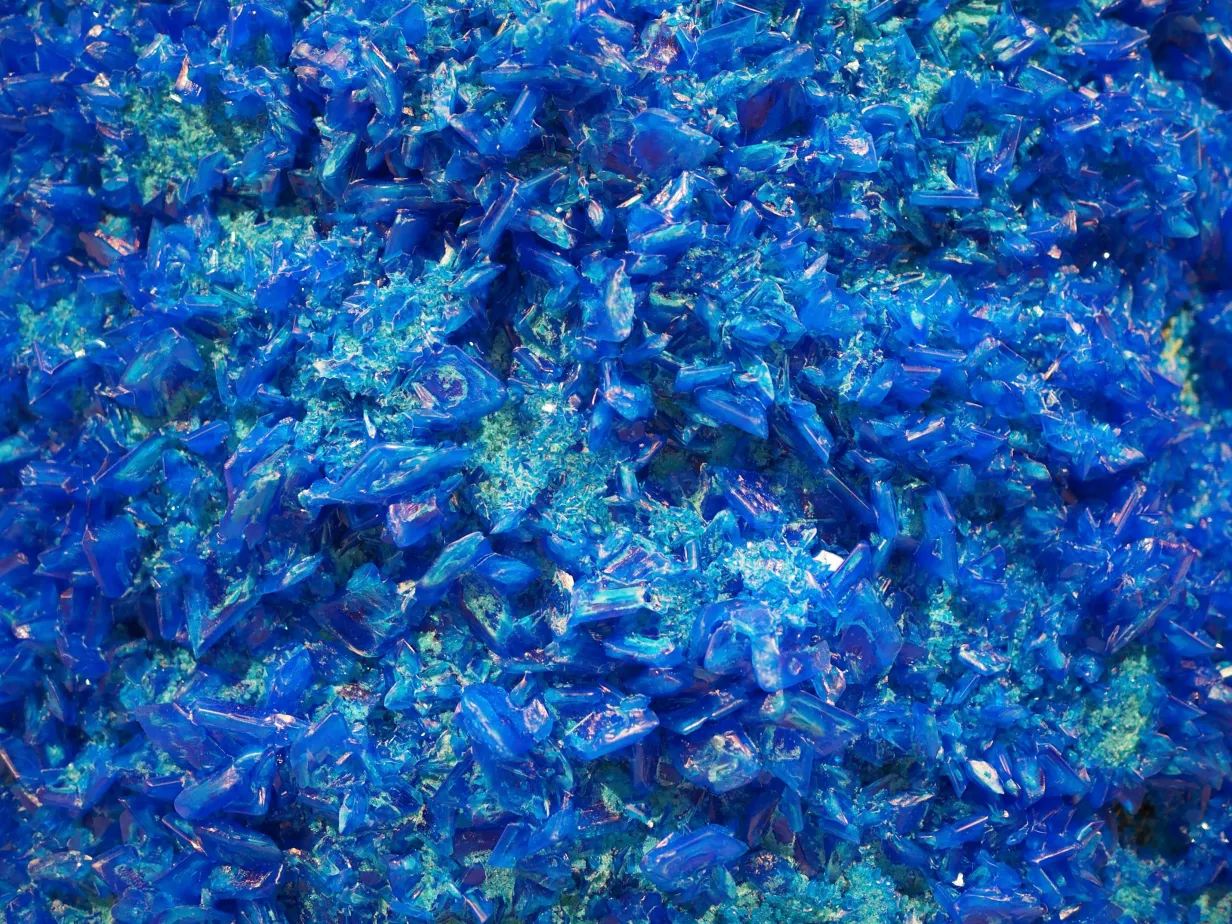
Still here? We're glad you are.
Let's dig deeper
Welcome to our Knowledge Center. The place where our ideas, insights, and impact come together.
Scientific Research
News Coverage
Other Resources
Knowledge Hub - Learn How It All Works
Want to understand how AI can detect packaging types?
Curious about how mobile cameras tackle unpredictable environments?
Wondering how End-of-Life data transforms design for recyclability?
Our technology might look simple from the outside, but under the hood, it's pushing boundaries in real-time computer vision, machine learning, and circular economy intelligence.
You'll get to learn
How our patent-pending mobile AI camera system works.
What the magic behind real-world material recognition is.
How to bridge from data collection to circular product design.
Why plug & play resource analysis is a game-changer.
Case Studies & Partner Stories - Real Impact in Motion
We work with pioneers; cities, recyclers, producers, and tech partners, who are leading the way in material transparency and circular systems.
Discover how our partners use CRAB
Case studies showing how our tech reduces waste in urban spaces.
Stories from pilot deployments in sorting facilities and recovery centers.
Testimonials from organizations using our dashboard to make better design and sourcing decisions.
Collaborations with other camera providers to build a truly open traceability ecosystem.